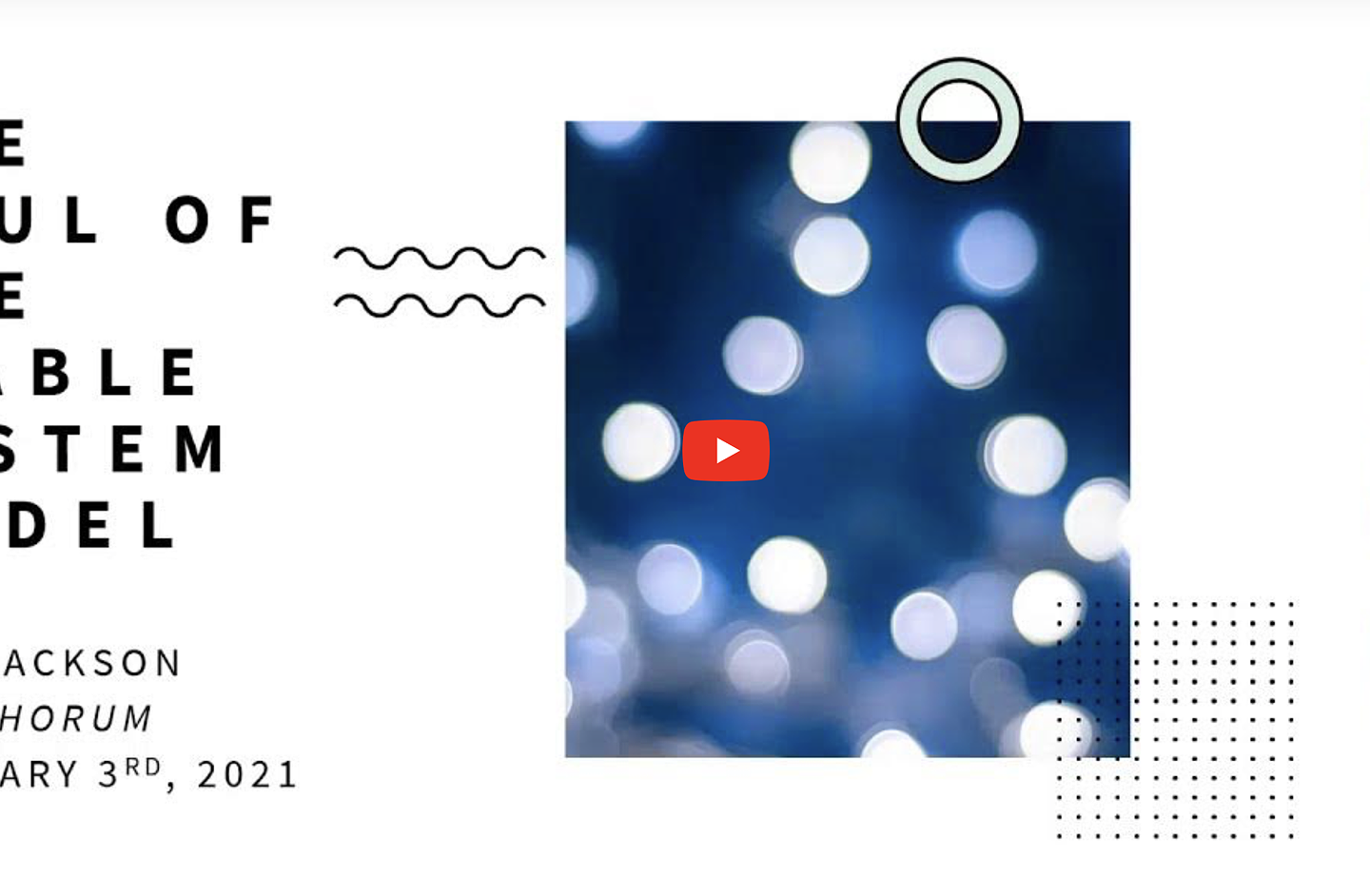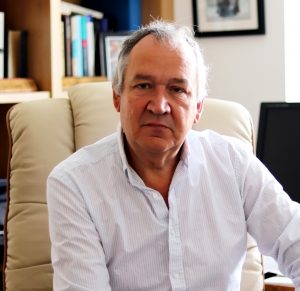
As long ago as 1992, I pointed to a battle for the ‘soul of the VSM’ between advocates of positivist, structuralist, and interpretive theoretical positions. It is clear that, as a model, the VSM can be put to different uses according to the philosophical inclinations of the user.
This can be demonstrated if we examine the different methodologies that have been proposed for using the model in practice. It is nevertheless still worth asking questions about which philosophical and theoretical position the VSM is best equipped to serve, which makes the most coherent sense of it, and about Stafford Beer’s own views on the matter. The argument is developed on the basis of three traditions in cybernetics – first order, second-order, and ‘British’.
Speaker Bio

Dr Michael C Jackson OBE
Emeritus Professor
Centre for Systems Studies
University of Hull
(Latest book: ‘Critical Systems Thinking and the Management of Complexity’, Wiley, 2019)
Mike is Emeritus Professor at the University of Hull, editor-in-chief of Systems Research and Behavioral Science, and MD of Systems Research Ltd. He graduated from Oxford University, gained an MA from Lancaster University and a PhD from Hull, and has worked in the civil service, in academia and as a consultant. Between 1999 and 2011, Mike was Dean of Hull University Business School, leading it to triple-crown accreditation. Mike has been President of the International Federation for Systems Research and the International Society for the Systems Sciences. He is a Companion of the Association of Business Schools, a Chartered IT Professional, and a Fellow of the British Computer Society, the Cybernetics Society, the Chartered Management Institute, the Operational Research Society and the International Academy for Systems and Cybernetic Sciences.
Mike has received many awards, two honorary degrees, and has been a visiting professor at numerous international universities. In 2011 he was awarded an OBE for services to higher education and business. In 2017 he received the Beale Medal of the UK Operational Research Society for ‘a sustained contribution over many years to the theory, practice, and philosophy of Operational Research’. Mike is known as a key figure in the development of ‘critical systems thinking’ – a topic on which he has published ten books and over 100 articles. His latest book ‘Critical Systems Thinking and the Management of Complexity’ was published by Wiley in April 2019.
